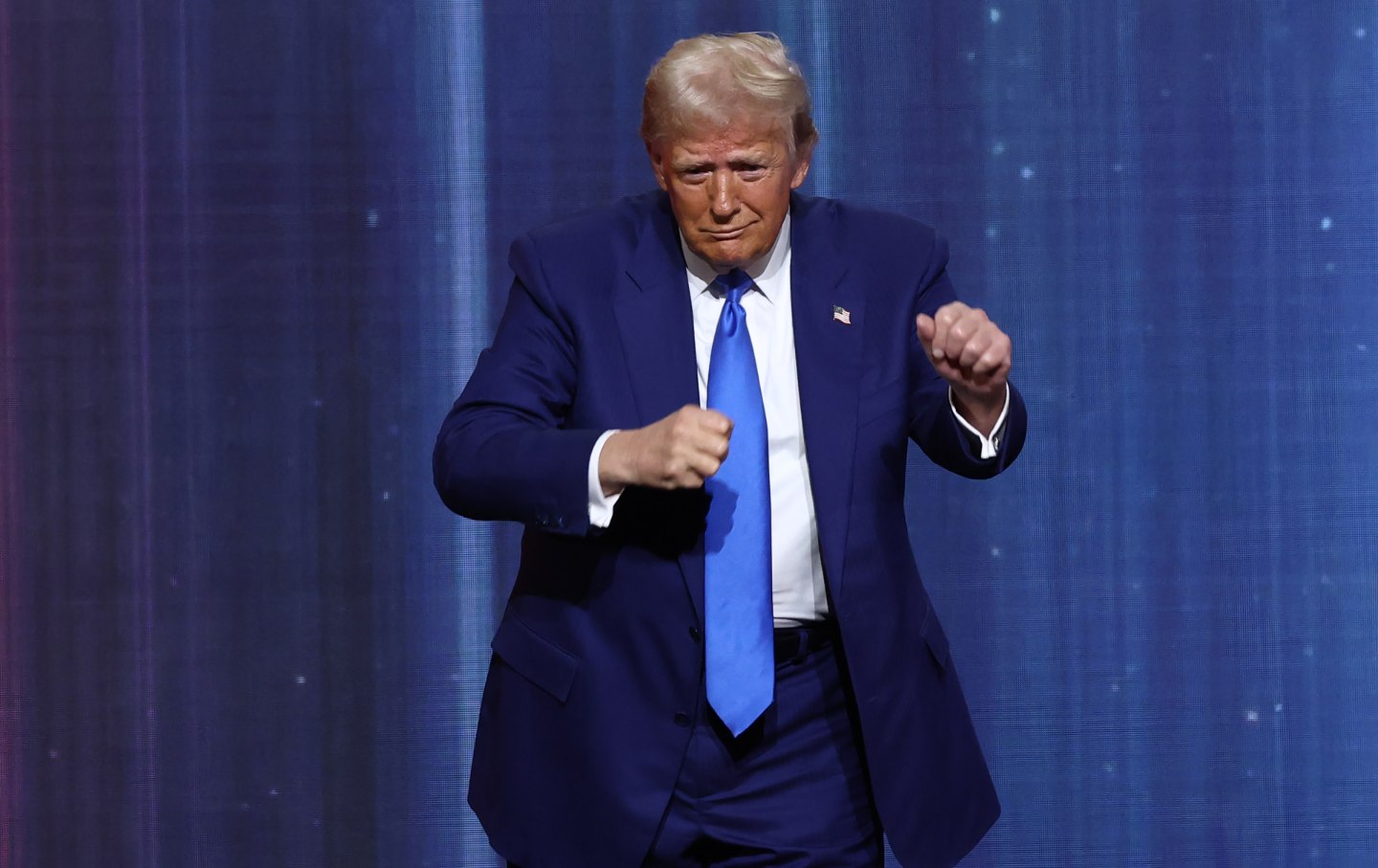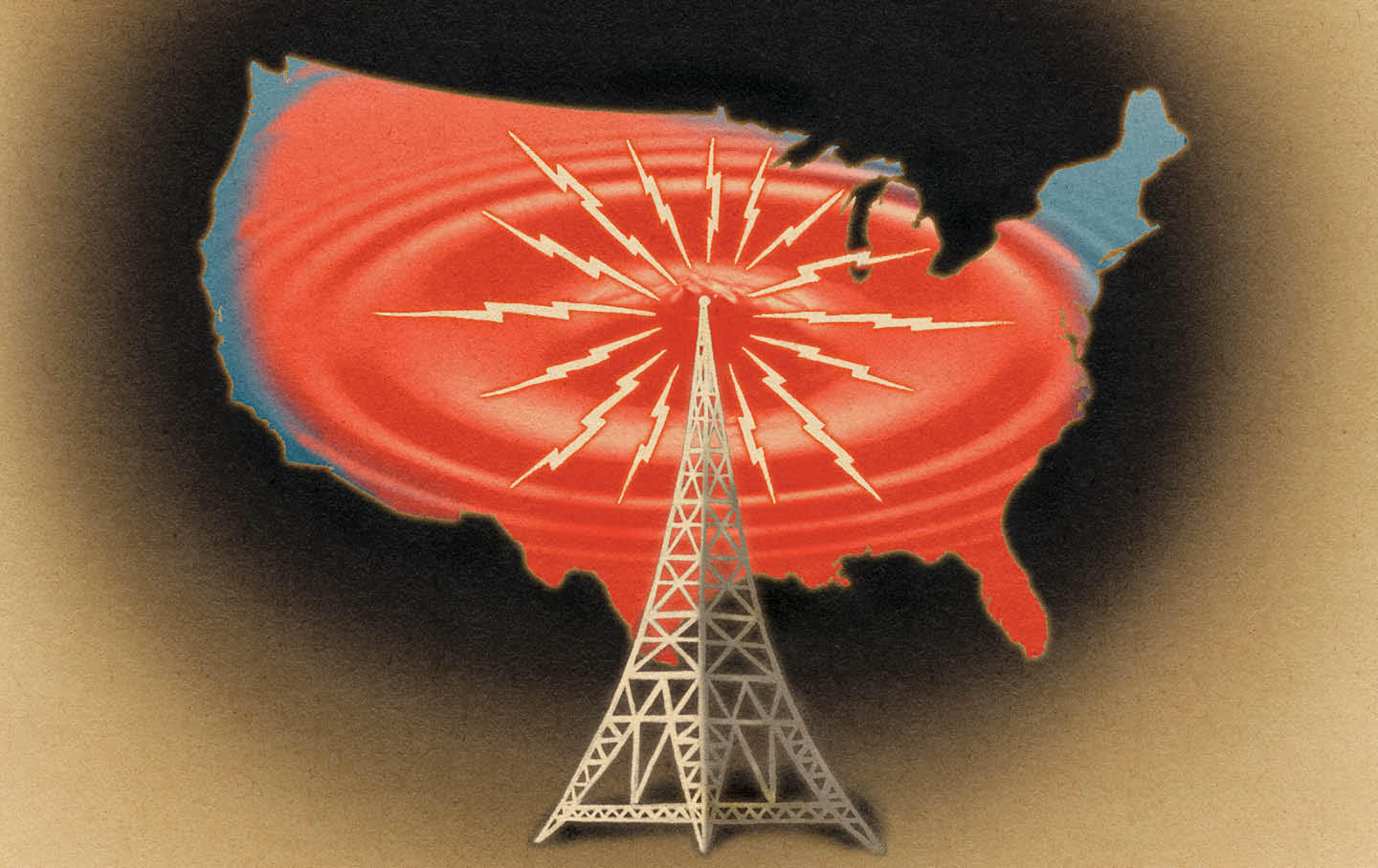But between candidates who are defenders of the system and those who are anti-system. The Democrats lost because they allowed Trump to be the lone voice of anger against the establishment.

In 2016, American politics were turned upside down by Obama and Trump voters, but in 2024 we are faced with an even stranger phenomenon: AOC voters and Trump. Trump won for the first time thanks to many voters (comprising an estimated 13 percent of his support) who had previously voted at least once, and often twice, for the first African-American president. In his third bid for the presidency, Trump received unexpectedly strong support in constituencies that also supported left-wing Democrats such as Ilhan Omar and Rashida Tlaib. Amazingly, Trump improved his position by more than 11 percent compared to 2020 in the district of another member of the “squad”, Alexandria Acasio-Cortez, even though the congresswoman herself won by a convincing margin, gaining 68.9 percent of the vote.
The existence of AOC-Trump voters can be disconcerting to those who view politics solely on the left-right spectrum. After all, Trump is a man of the hard right and the AOC is a staunch leftist.
But left-right is not the only relevant taxonomy in politics. Ben Cavalier of Free press interviewed AOC-Trump voters for an illuminating TikTok video in which some expressed anger at inflation and others complained about Kamala Harris’ track record as a tough prosecutor. One African-American woman said, “Kamala Harris is a puppet.” When Cavalier asked, “Whose puppet?”, the woman replied, “The system’s puppet.”
In this short phrase “puppet of the system,” we get to the heart of why Donald Trump won in 2016 and 2024 — both times he ran as an anti-establishment politician, channeling the anger of voters deeply disillusioned with the status quo. In that election, the choice was between Trump the Destroyer and rivals who presented themselves as defenders of a fundamentally sound system—one that might need some tweaking, but not fundamental change. In 2020, Trump himself has had the misfortune of being the face of an unpopular status quo: a nation not only ravaged by Covid, but gripped by a massive uprising against police brutality. In that election, Trump was not the enemy of the Man; he was a Man. This helped Joe Biden (bolstered by his joint economic populism with Bernie Sanders) win the largest number of votes in American history: 81 million votes. When all the votes are counted in 2024, Harris will have about 75 million — down about 6 million.
Not only in America, but in other advanced democracies around the world, the most visible divide now is not left vs. right, but system vs. anti-system. In his important book Anti-systemic politics (2020), Jonathan Hopkin, a political scientist at the London School of Economics, argues that the 2008 global financial crisis disrupted the neoliberal consensus that had prevailed in Western countries since the 1980s and opened the door for left- and right-wing politicians to challenge the status quo. quo. During the period of neoliberal rule, the model of market competition prevailed, writes Hopkin, and “the main political parties gradually coalesced around this market-liberal model, depriving electoral democracy of much meaning, as the established political elites increasingly resembled a ‘cartel.’ “offering a limited range of policy options”.
When neoliberalism collapsed in 2008, the way was opened for anti-establishment politicians of the right (Trump, Matteo Salvini in Italy, Viktor Orbán in Hungary) who preach xenophobia and economic nationalism, but also for anti-establishment movements of the left (Podemos in Spain, Syriza in Greece , the rise of Bernie Sanders in the Democratic Party) advocates egalitarianism economy.
As Hopkin wisely observes, “Instead of dismissing anti-establishment politics as ‘populism’ driven by racial hatred, nebulous foreign conspiracies, or an irrational belief in ‘fake news,’ we need to start by understanding what has gone wrong in rich democracies to alienate so many citizens from those who govern them.’
In American politics, the Republicans were captured by the anti-establishment movement (Trump’s MAGA), while the Democrats won and heeded their anti-establishment challenge (some of Sanders’ main policies were adopted by Biden, but the working-class anger articulated by Sanders and his most ardent supporters was not supported by party leaders ).
Surprisingly, in response to Trump, both Hillary Clinton and Kamala Harris adopted a pro-establishment rhetoric that cast them as defenders of a status quo threatened by a dangerously unstable interloper. Both candidates cited the support they received from Republicans (Christine Todd Whitman and John Warner for Clinton, Liz and Dick Cheney for Harris), as well as from retired officers and Wall Street titans (Michael Bloomberg, Mark Cuban). While Democrats have touted their support from these pillars of the establishment, Trump’s own bipartisan gestures have gone in the opposite direction: he has rallied former Democrats who have been marginalized by the party for their unorthodox (and sometimes undeniably insane) views on vaccines (Robert F. Kennedy) and foreign policy (Tulsi Gabbard).
In his post-election lament, Sanders pointedly noted: “Democrats ran a campaign defending the status quo and making sides. Trump and the Republicans campaigned for change and the destruction of the existing order. No wonder the Republicans won.”
Responding to this populist anger, Bill Clinton, the diminished but still brash prince of neoliberalism, said that by “demonizing all the institutions and all the people who wear a tie… to work and have a good education, we undermine legitimacy.. . people. who really know things that are very important to us today and very important to our continued growth, prosperity and harmony.’
Democrats must now make a choice. Like Bill Clinton, they can double as the party of the establishment. Or they can finally embrace the policies of Bernie Sanders, which means not only a few reforms, but a massive attack on the plutocracy as the enemy of democracy.
More from Nation

He didn’t get a majority of the electoral votes, and the idea that America has completely gone MAGA is amazing.
John Nichols for Nation

While the likes of Elon Musk and RFK Jr. get all the attention, the real power in Trump’s second term is likely to be in the hands of quietly efficient bureaucrats and politicians…

Opposing perceived isolationism, the outgoing Senate Republican leader is advocating a return to Cold War militarism.

Conventionally, the past quarter-century of elections have proven that much of the country leans conservative. It all started with a map.



